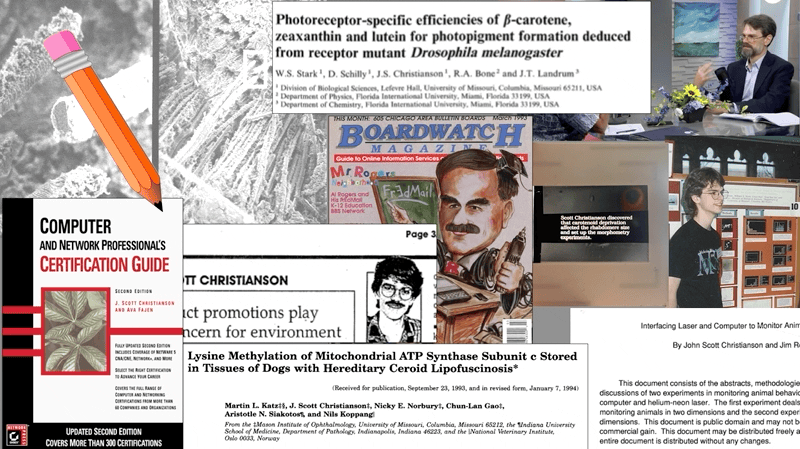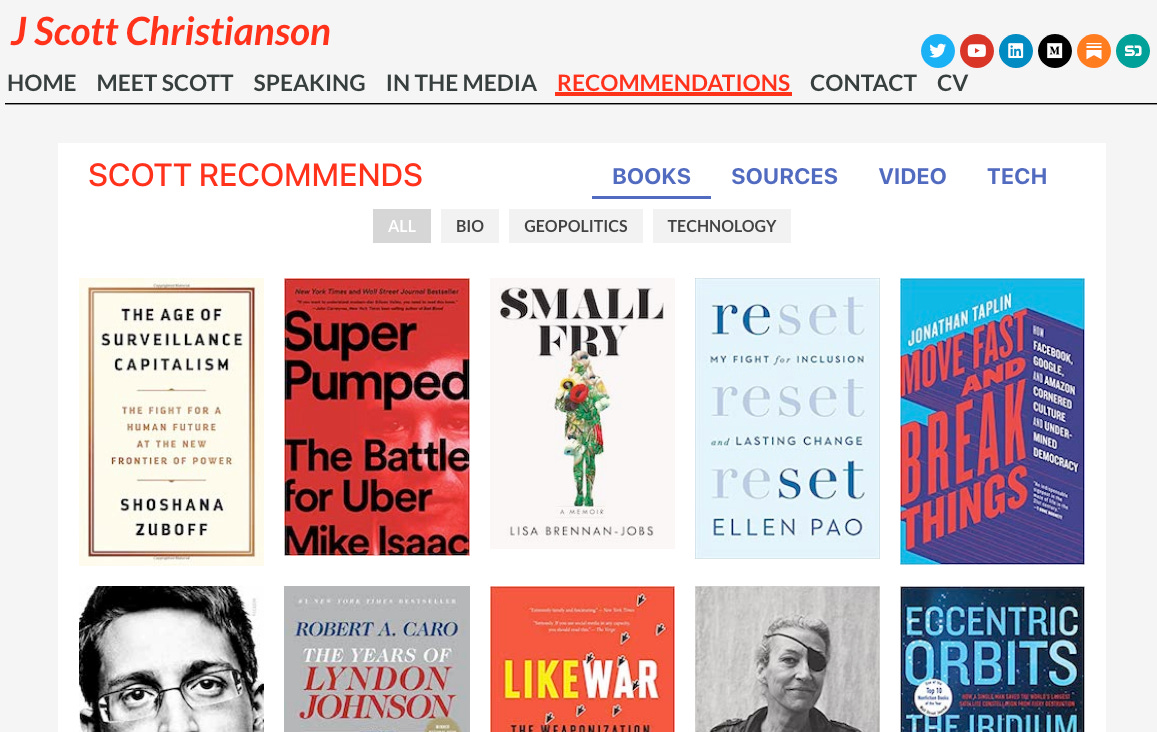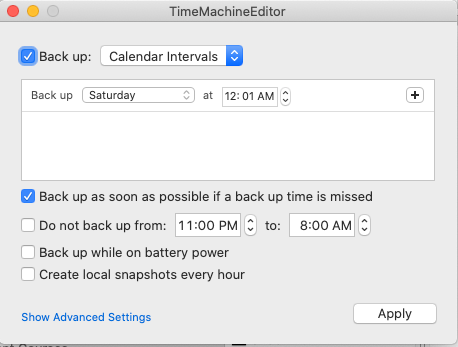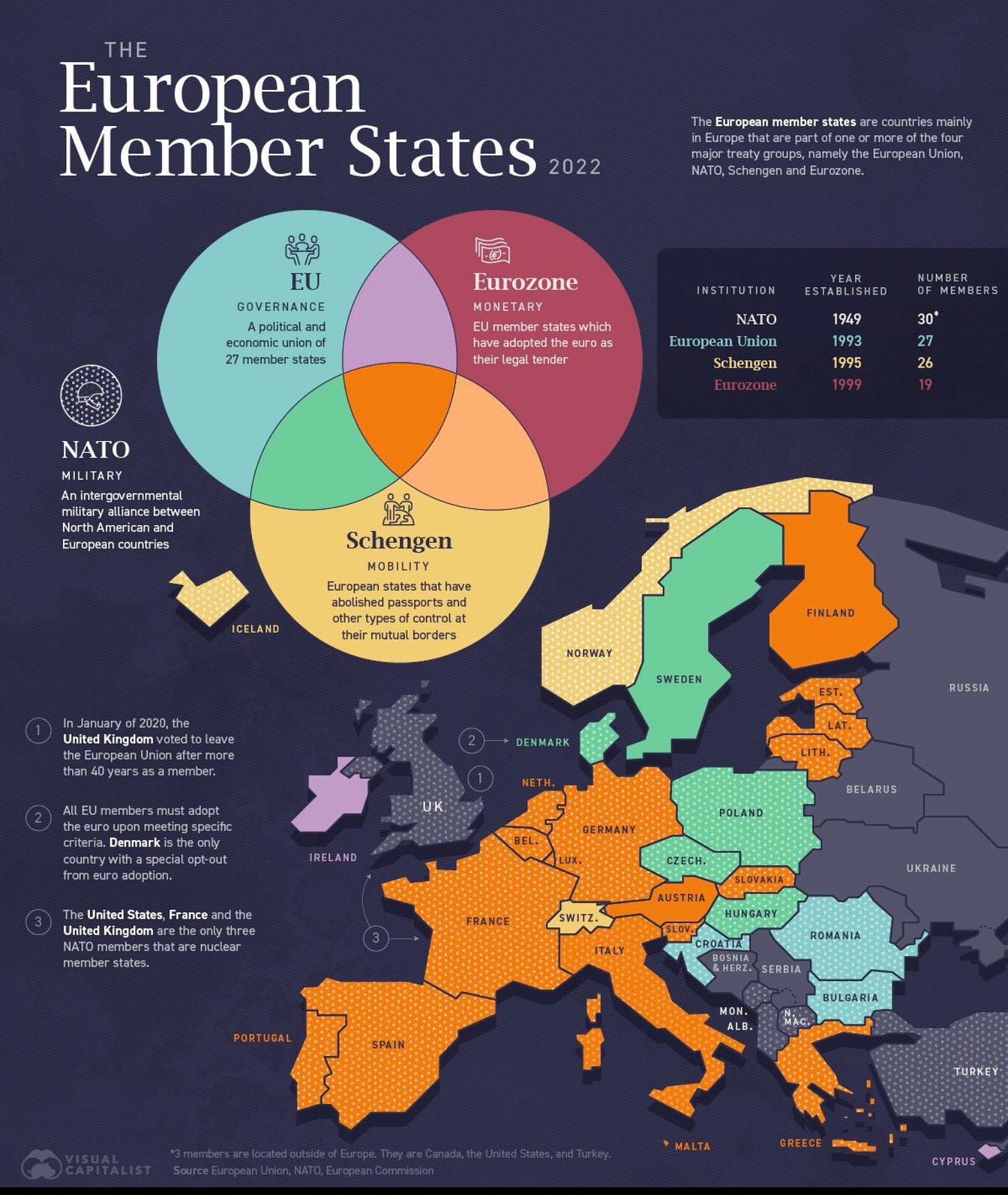Is my life’s work slowly being erased by the Internet?
I learned a valuable lesson in high school when a paper that I had saved to my computer (an Apple IIe) was lost. With a typing speed hovering around ten words a minute, it was painful. Since that experience, I have backed up my data and made sure I knew how to restore files. Later I learned about the dangers of digital media; it degrades more quickly than paper, and formats change (try opening your MSWord 1.0 documents). But with the internet and stable formats like HTML and pdf, it seemed like the problem of digital storage was largely solved. Yes, links got broken, but a quick Google search would find the correct URL, and cloud storage is almost too cheap to meter!
Boy, was I wrong!!
I found this out recently when looking for one of my old Columbia Daily Tribune columns on the Tribune website. It turns out that after Gatehouse Media purchased the Tribune in 2016, the cost of maintaining the archive of old columns and stories was not an expense they wanted to incur. So, they ditched the Tribune's archive, keeping only new, post-acquisition articles. Luckily, the wicked-smart librarians at the Daniel Boone Regional library got a database company to take over the archive and provide free access for library members. I quickly scraped all my old work and created my own online and offline archive.
It would not be a significant loss to humankind if my Tribune columns were lost, but what about some of the scientific papers I co-authored in the ‘80s and ‘90s?
I always knew that I was not the type of person who would make a dramatic "dent" in the universe. Frankly, I didn't want to work 20 hours a day during my 20s and 30s like Bill Gates, and it was not in my nature to be a jerk to those I worked with, like Steve Jobs and Elon Musk. However, I assumed that my small contributions would add up over time. And I would be a small, perhaps barely detectable, vector pulling humanity toward truth and goodness. I also assumed that the eternal nature of science literature would mean that the echo of my small contributions back then would last for a long time.
It turns out that a series of bankruptcies, mergers, and acquisitions had also made much of what I published with colleagues in the lab largely inaccessible on the web. With the pressure to publish or perish at an all-time high, no one will take the time to do a literature review in a library or search microfiche. So, if it is not accessible on the web, it is as if it never existed. How much data is being lost by the private publishing of science?
So I am now on a massive campaign to find, scan, and label everything I have ever done. Perhaps this is a useless effort and just a vanity project for a middle-aged man who thinks more about his mortality every day.
Only time, and the internet, will tell.
🙌 Catalog of Recommendations 👏
Just an end-of-quarter reminder, you can find all my book, movie, and app recommendations in one place on my website.
Check it out and let me know what things I should be watching, reading, or using.
📚 Book Review: 🇦🇱 Free 🇦🇱
A Child and a Country at the End of History 👍
by Lea Ypi
Free is a fascinating memoir told by Le Ypi, who grew up in Albania during the ‘80s. There she learned about the history of her country, socialism, and soviet-style communism from teachers, friends, and community members who either believed in the state's propaganda or had to pretend to believe in it. The community and educational system held Soviet-style communism in high regard, and Ypi grew up waiting for a revolution that would bring "true" communism (not the "communism lite" that Enver Hoxha and his regime set up after WW2).
When my father spoke of the revolution in general, he got as excited as my grandmother did when she spoke about the French Revolution in particular. In my family, everyone had a favorite revolution, just as everyone had a favourite summer fruit. My mother's favourite fruit was watermelon, and her favourite revolution was the English one. Mine were figs and Russian. My father emphasized that he was sympathetic to all our revolutions, but his favourite was the one that had yet to take place. As to his favourite, it was quince--but it could choke you when it wasn't fully ripe, so he was often reluctant to indulge. Dates were my grandmother's favourite fruit; they were hard to find, but she had enjoyed them when she was little. Her favourite revolution was, of course, the French one, and this annoyed my father to no end. "The French Revolution has achieved nothing," he said now. "Some people are still extremely rich and make all the decisions, and others are very poor and can't change their lives." He shook his head. "They are trapped, like this fly," he went on, pointing at a fly buzzing noisily against the glass in our kitchen window. Then he thought some more about it and added something he always added, as if it had only just occurred to him, even though he said it every time to explain why his favourite revolution did not exist: "Just look at the world, Brigatista, look at the world.
Currently, Dr. Ypi is a Professor of Political Theory at the London School of Economics and an Associate Professor in Philosophy at the Australian National University, with many academic books to her credit. She clearly points out that Free is not a scholarly account of the period or events but her perspective as a child and young woman. I found it a thought-provoking narrative that weaves together the political history and personal biography of a young person in a complex society. For a taste, this is a good video about her story.
Highly recommend!
💻 Useful App: TimemachineEditor ⏱️
Time Machine is a built-in backup program for the Mac. It is simple and easy to make backups to network or local storage. For example, I have an SSD attached to my mom's computer and Time Machine backs up her computer constantly. At home and work, I have all my computers back up to network-attached storage, which uses RAID 6, so there is another layer of backup to the backup. However, in the days of cloud storage, constantly backing up makes little sense and chews up bandwidth and processing power.
TimemachineEditor is a free program that lets you edit when your backups occur. I set mine to once a week, starting on Saturday morning. You can do this from a command line, but this program makes it easy to change the backup schedule and make adjustments later on. Highly recommend.
📚 Book Review: 💪 Strongmen 😠
Mussolini to the Present
by Ruth Ben-Ghiat 👍
An excellent book that analyzes the "formula" that strongmen (they are always men) like Mussolini and Putin use to rise to power and stay in control. This book is well-researched and relevant at any time, but Strongmen is particularly informative as Putin's war against the Ukrainian people rages. Putin seems to be following Mussolini's model; his empire-building war(s) in North Africa bankrupted Italy but allowed him to rally the Italian people and deepen his grip on power. After reading this book, I’m convinced that regime change in Russia is improbable and Putin will be around for many more years.
The book also highlights how strongmen, while more common in the past, pose even greater danger to the modern, globally interdependent world in which we live. "With climate change likely to cause increased levels of disease and scarcity, the spread of the strongman style of rule doesn't just endanger democracy, but also poses an existential threat."
Authoritarianism has been reputed to be an efficient mode of governance, but my study of the dynamics and costs of personalist rule shows that the opposite is true. If the leader or his inner circle is under investigation, governance revolves around his defense, with time and resources focused on exonerating him and punishing those who might expose him, like prosecutors and journalists. Killing dissident elites and driving entire families into exile squanders generations of talent. Seizing or ruining profitable businesses, some built up over decades, hurts the economy. Far from being a productive force, illiberal rule has had devastating consequences for the earth and many millions of its inhabitants.
The book is organized into three parts: Getting to power, Tools of Rule, and Losing power. In each, the author provides a case study of how strongmen gain, use, and lose control of a people. The book starts with a helpful list of protagonists for keeping track of the cast of characters.
For a taste, here is Ruth Ben-Ghiat speaking at an event sponsored by The Eisenhower Institute.
Recommend
👨🏫 Upcoming Talks
I am will present “The Future of Money” to the Financial Planning Association of Greater St Louis on April 7th, 2022. Details are posted here.
I will be speaking about Cryptocurrency with Mid-Missouri Estate Planning Council on May 12. Details will be posted here.
I will be speaking at the “Friend of the Facts” conference in June. Registration is already up and details will be posted here.
I will be talking about “Blockchains and Bitcoins” at the Greater Leadership Conference of Missouri on July 20th, 2022. Details will be posted here.
I will be presenting a number of talks this summer as part of the Mid-Missouri PMI (Project Management International) ‘s PMs in the AM Series. Registration is available here, and the topics include:
ClickUp for Project Management. One app to rule them all?
June 14 at 7:30 am on Zoom with co-presenter Chris Sanders, Project Manager for KCAV.This session will be an active discussion with input from the audience on how to select project management tools. The presenters have been using ClickUp for a year or more as their primary project management tool. They will start the discussion by presenting the features that have drawn them to ClickUp and some of the difficulties with adoption.
Christianson's Law of Communications
July 12th at 7:30 am on Zoom.
An important corollary to Brook's Law is Christianson's Law: An increase in the communication channels/programs will decrease productivity (https://bit.ly/jsc-law). Can unified communication tools like Slack, Discord, and MS Teams help, or do they add to the problem? Prof C will present his experience and his desperate attempts to limit the many routes by which clients communicate with him as a way to start the discussion with PMI members regarding their strategies.Meaningful Mentoring of New Project Managers
August 9th at 7:30 am on Zoom.Do you remember the first time you worked on a project? Were you thrown into the deep end or isolated in the kiddie pool? New PMs need both encouragement and big challenges to excel. Drawing on his experience as a Project Management teacher and numerous interviews with mentors and mentees, Professor C will provide practical advice on getting news PMs off to a great start on their Project Management adventures.
🔗 Links of the Week
Kateryna Holland is an Assistant Professor of Finance at Mizzou and recently gave an excellent talk about "U.S. oil (in)dependence and the ban on Russian oil." Professor Holland is from Ukraine and studies energy markets, so she was the perfect person to give this talk. It is easy to follow and she also provided a written summary:
I talked with Paul Pepper about MU’s colleagues in Ukraine and a few resources for understanding what is happening.
This is one of several interviews with historian Yuval Noah Harari about how the war in Ukraine will reshape the history of the world.
The European Member States from The Visual Capitalist. This is a good map that will help you suss out the status of European countries re EU Governance, Eurozone, Schengen, and NATO.
As always, be sure to hit reply and tell me what you have been up to, what you are reading, and what neat stuff you have discovered lately! I always look forward to getting responses from you all, hearing about what you have been creating recently, and the resources/lifehacks you are using!! And thanks to everyone who reads my monthly emails!
Take care,
Scott








